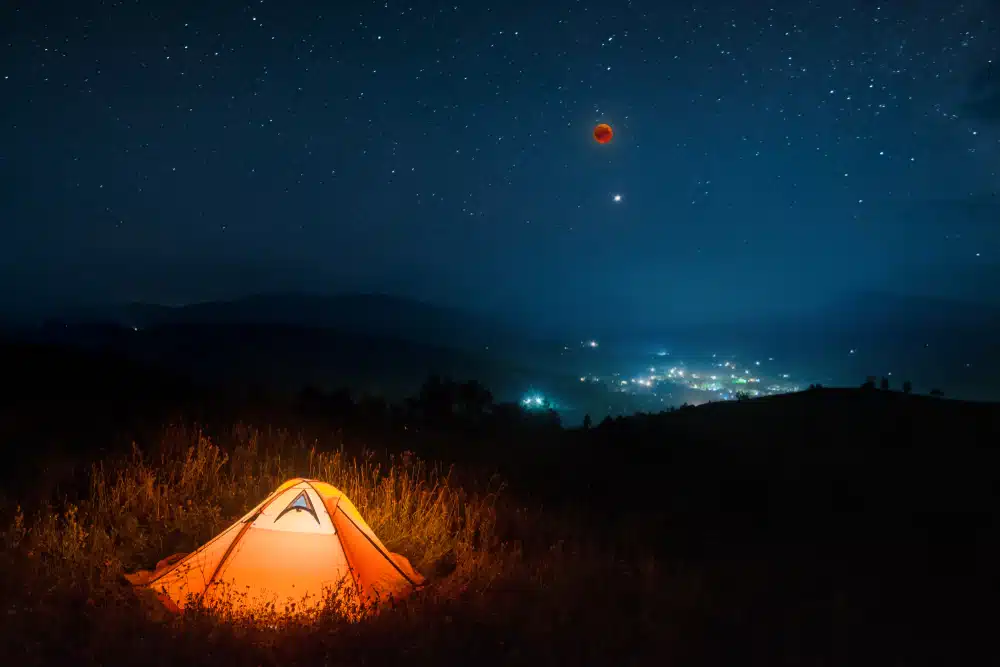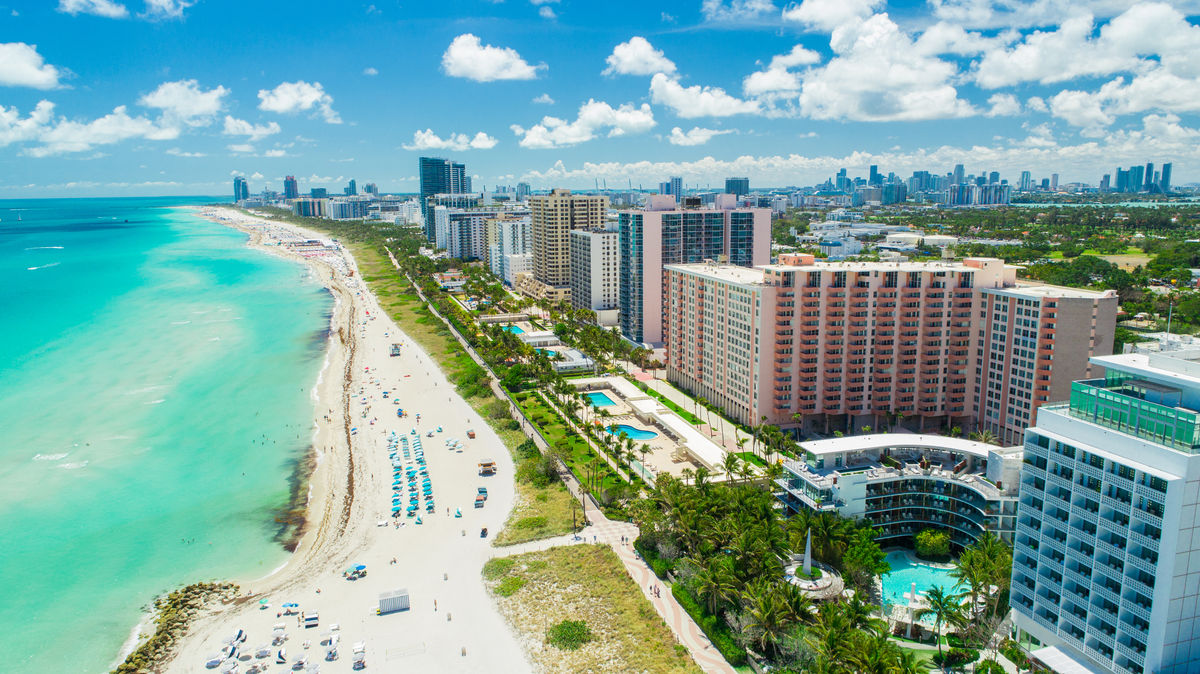A farming family in Derbyshire seeking to diversify into outdoor hospitality with the addition of glamping pods faces renewed resistance due to concerns over the site’s connectivity and sustainability.
Barry Britland, whose family has farmed land off Hey Lane near Wirksworth for five decades, has submitted a planning application to Derbyshire Dales District Council for the construction of four glamping pods on the Racecourse Retreat campsite.
This proposal follows a previously rejected 2021 application for six glamping pods and two amenity blocks.
At that time, council officials cited the site’s lack of public transport links and reliance on private vehicles as a primary reason for refusal. The revised application will be considered at a council meeting scheduled for Tuesday, May 13.
Council planning officers have again recommended refusal, citing the site’s remote location and absence of public transport options.
“The proposal is in a remote rural location not served by public transport such that visitors would be wholly reliant on the private car to access the facility. The proposal as such is an unsustainable form of rural tourism,” planners wrote in their report.
The revised proposal includes several measures aimed at addressing previous concerns. Among them are the introduction of a green travel plan, installation of electric vehicle charging points, and a private minibus service to transport guests to and from designated points, including Cromford railway station.
However, planning officers have expressed reservations about these efforts, noting that the minibus service “ultimately would not amount to public transport” and lacks sufficient detail.
According to the Derbyshire Times, the nearest public bus stop is located a 25-minute walk from the site along an unlit, pavement-less road. Residents have submitted 18 objection letters raising issues such as increased traffic, noise, light pollution, and potential impacts on a nearby historic farm.
In support of the application, the developer’s representative Sammons Architectural wrote:
“Tourism, including camping, is an important and established part of the local economy.”
“The proposed development will provide a much needed low key tourism enterprise that will help to support the small holding and the wider community in terms of village facilities and bring significant economic benefits through increased local area spending and footfall.”
The statement adds, “The application site is well located relative to major tourist attractions. Furthermore, by attracting visitors to the local area, it would support nearby businesses including those within the settlement and further afield.”
For business owners in the outdoor hospitality sector, this case highlights ongoing challenges faced by rural glamping ventures in navigating planning regulations, especially where public transportation access is limited.
Operators exploring expansion or new site development may benefit from considering infrastructure accessibility early in the planning process and proactively addressing environmental and community concerns to strengthen their proposals.
.png)
.png) 18 hours ago
2
18 hours ago
2








 English (US) ·
English (US) ·  Spanish (ES) ·
Spanish (ES) ·